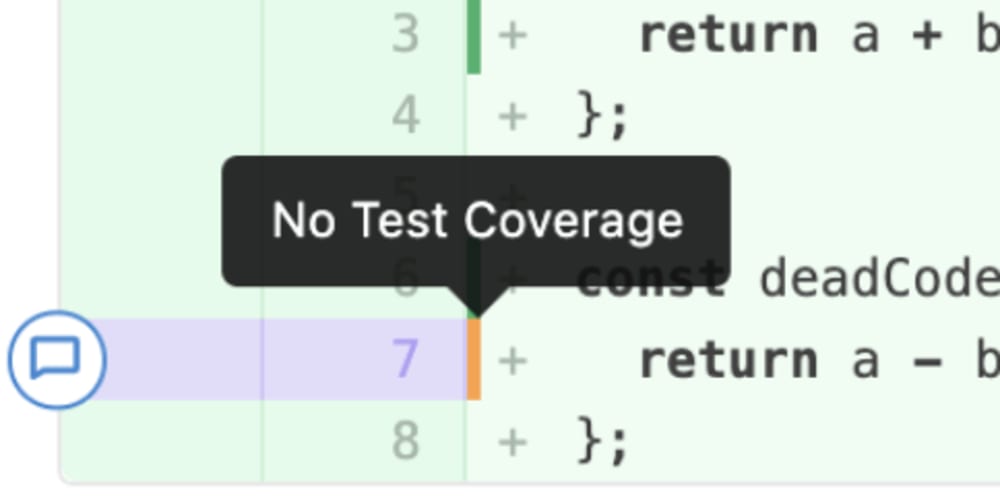In today’s competitive business environment, effective supplier management is a crucial element for success. Whether you're a large corporation or a small business, managing your supply chain efficiently can make or break your business. This article dives into what supplier management is, why it’s vital, and how it can be implemented for optimal business performance.
What is Supplier Management?
Supplier management refers to the processes that ensure an organization’s suppliers effectively contribute to the company’s success. This includes evaluating, monitoring, and maintaining relationships with suppliers to ensure they provide quality products or services at the best possible price and within the agreed timeframes.
The role of supplier management spans various activities:
- Selecting the right suppliers.
- Negotiating contracts.
- Ensuring timely deliveries.
- Assessing supplier performance and compliance with quality standards.
- Effective supplier management helps a business maintain consistent product quality, minimize risks, and maximize operational efficiency.
Why is Supplier Management Important?
- Cost Efficiency: Managing suppliers efficiently ensures that businesses get the best value for their investments. Proper negotiations and strategic partnerships can lead to lower procurement costs.
- Risk Mitigation: A well-managed supplier relationship helps identify and reduce risks in the supply chain, such as delays, quality issues, or potential disruptions.
- Improved Quality Control: By maintaining strong relationships and regularly evaluating suppliers, businesses can ensure consistent product or service quality, helping them meet customer expectations.
- Innovation and Growth: Collaborating closely with suppliers can lead to new product innovations, better service offerings, and increased market competitiveness.
- Sustainability: Many organizations are focusing on sustainable supply chains. Good supplier management enables businesses to work with environmentally responsible suppliers, improving their sustainability goals.
How to Implement Supplier Management
Define Your Requirements: Start by clearly outlining what you need from your suppliers. This includes product specifications, quality standards, delivery schedules, and compliance with any legal or environmental standards.
Supplier Selection: Choosing the right suppliers is key. Evaluate potential suppliers based on their reliability, financial stability, production capacity, and alignment with your company’s values and goals. Conduct thorough vetting before finalizing any contracts.
Negotiate Contracts: Establishing clear and comprehensive contracts helps set expectations from the start. Include key details such as pricing, payment terms, performance indicators, and penalties for not meeting agreed terms.
Monitor and Evaluate Performance: Regularly track your suppliers’ performance. Use metrics such as on-time delivery rates, defect rates, and responsiveness to measure their efficiency. Open communication is vital to address any issues as they arise.
Build Strong Relationships: Supplier management isn't just about transactions—it’s about building long-term partnerships. Nurture relationships by maintaining consistent communication, rewarding good performance, and supporting suppliers in times of need.
Leverage Technology: Use supplier management software to streamline the process. These platforms offer tools for real-time tracking, performance evaluations, and contract management, ensuring that you’re always aware of the status of your suppliers.
Supplier management is not just a procurement function—it’s a strategic element that directly impacts a business’s bottom line. By carefully selecting, evaluating, and maintaining relationships with suppliers, businesses can ensure operational efficiency, reduce risks, and foster innovation. Implementing a well-structured supplier management system can lead to cost savings, improved quality, and a more resilient supply chain.


















